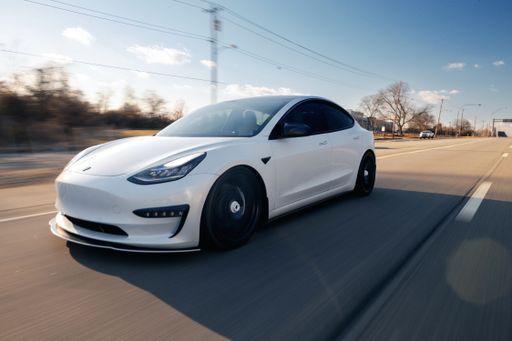Biden Administration Considering Delay in Electric Vehicle Switch Due to Weak Demand
The Biden administration is considering giving carmakers more time to increase sales of electric vehicles (EVs) due to weak demand. The Environmental Protection Agency (EPA) is reportedly planning to delay a requirement that auto companies rapidly expand their sales of EVs until after 2030. This relaxed rule is part of a pending regulation that limits tailpipe emissions.

Shift in EV Sales Requirement
The EPA has submitted a proposal to the White House that would require about 67% of new car sales to be electric by 2032, a significant increase from the current 7% in 2023. It also includes requirements for buses, garbage trucks, short-haul and long-haul freight tractors to have a percentage of electric vehicles by then.
However, this proposal may be delayed as President Joe Biden faces pressure from environmentalists who want urgent action on climate change and concerns from unionized auto workers who worry about potential job cuts if the EV transition is rushed.
The delay in the requirement is aimed at allowing automakers more time to meet the demand for EVs, as consumers have been hesitant to purchase due to high prices. The average EV costs $52,500, while the average subcompact car costs $24,000, according to the Alliance for Automotive Innovation.
Impact on Automakers
Leading US automakers Ford and GM have been struggling with the profitability of their EV divisions due to weak demand. Ford is projecting a loss of $5 billion to $5.5 billion on its EV division this year.
To address the issue of affordability, Ford CEO Jim Farley hinted at the possibility of partnering with other automakers to enhance battery capabilities and make EVs more competitive with low-cost options from Chinese automakers like BYD. GM CEO Mary Barra also expressed openness to partnerships on non-consumer-facing technologies to improve efficiency in research and development.
Both automakers are optimistic about reaching profitability in their North American EV divisions, but they acknowledge the need to overcome manufacturing and software-related challenges to meet production targets and compete with Chinese manufacturers in the European and US markets.
Concluding Thoughts
The Biden administration's consideration to delay the requirement for increased EV sales reflects the challenges faced by automakers in meeting current demand. It is a response to concerns from both environmentalists and auto workers, addressing the need to balance climate action with job security.
The delay provides an opportunity for automakers to reevaluate their strategies and potentially forge partnerships to enhance the affordability and competitiveness of EVs. Such collaborations could lead to advancements in battery technology and other areas of research and development.
Ultimately, the success of EV adoption will depend on factors such as the availability of affordable options, improved infrastructure, and continued government support in the form of subsidies and incentives.

